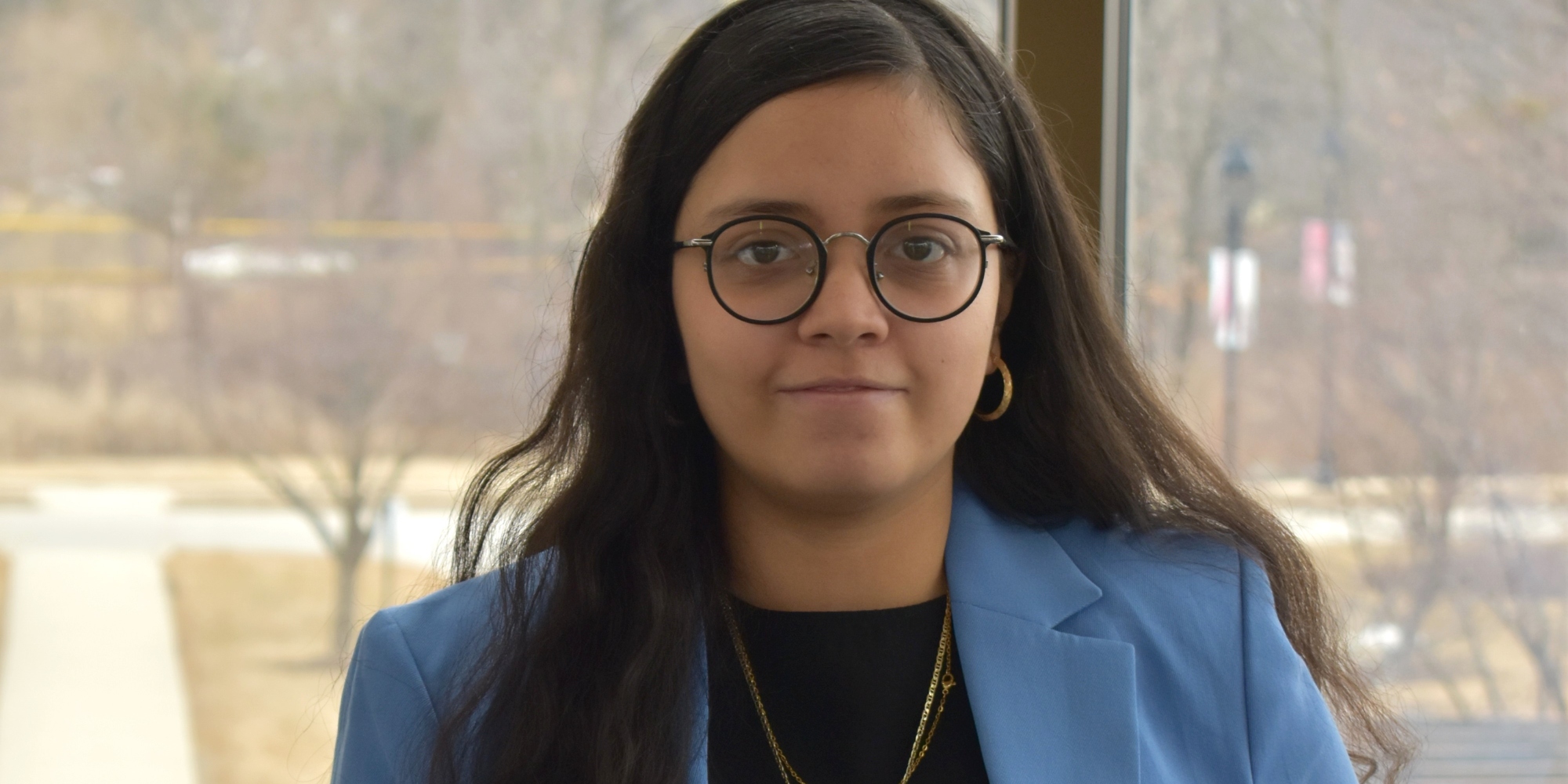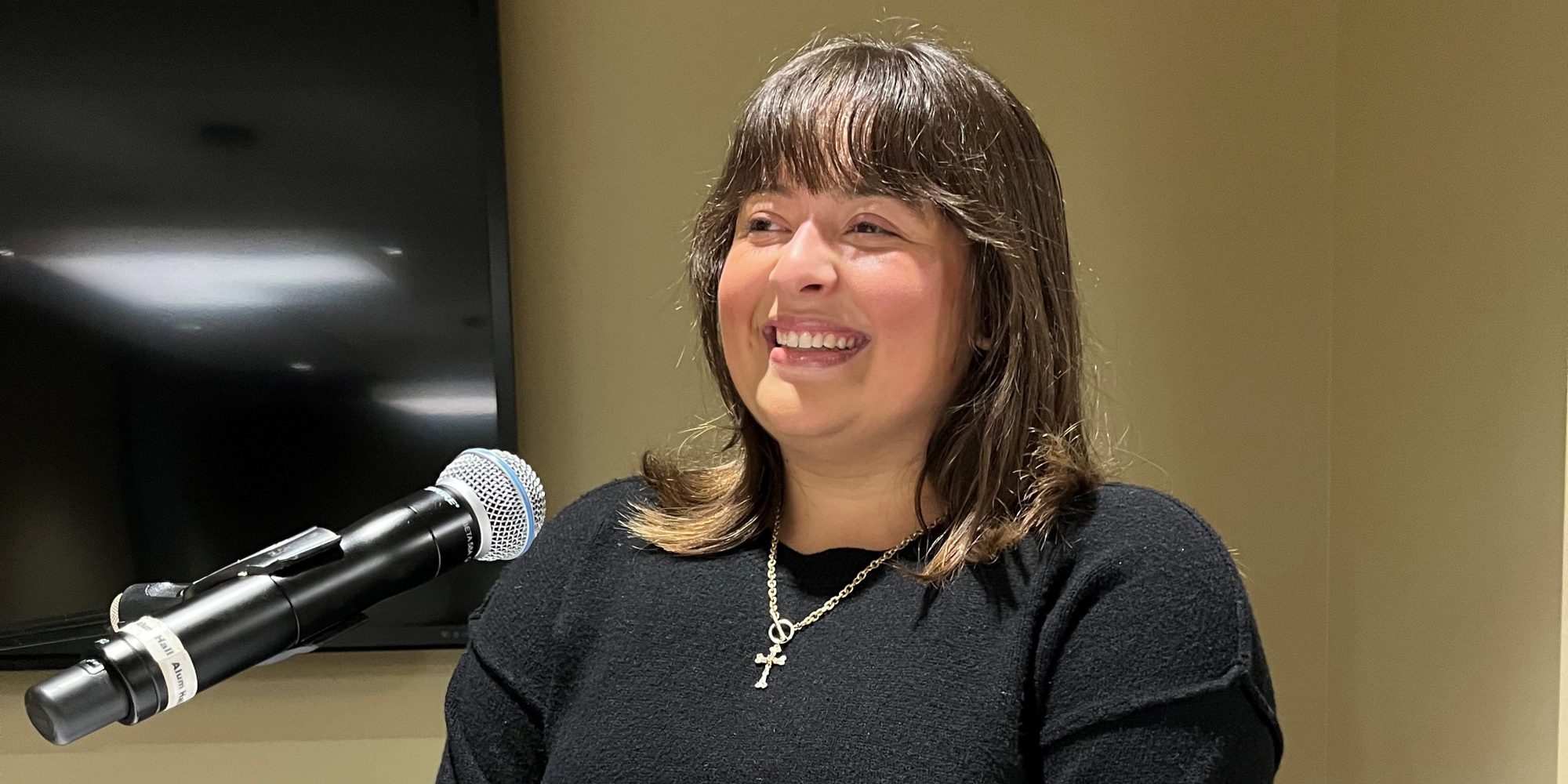In Wisconsin, just under 40% of the population has access to mental health care providers, according to federal workforce data. Alverno is working to reduce this disparity by educating skilled providers of mental health care, including preparing licensed professional counselors through our Master of Science in Community Psychology program.
“It is imperative that the community receive more passionate, skilled and ethically minded treatment providers,” says Jasmine Harrison, assistant professor and internship coordinator for the community psychology program.
Alverno’s program is unique because it recognizes that the health of an individual is intertwined with the health of the community. We cannot fully transform one without addressing the well-being of the other.
“Counseling techniques often focus on helping the individual change, sometimes in group or family modalities. But the focus typically remains on that individual. Community psychology takes a step back and recognizes how our environments, including our families, schools, neighborhoods, and overall culture, interact with individual factors,” says Rachel Reinders, director of the community psychology program.
Another opportunity to close the gap is through the Alverno School Psychology program. Based in K-12 schools, school psychologists conduct detailed assessments of students’ needs and, in consultation with teachers and families, create interventions to support students’ academic success and mental health.
There is a nationwide shortage of school psychologists, which is especially acute in rural and remote areas of Wisconsin, according to Jessica Willenbrink, assistant professor in Alverno’s school psychology program.
Willenbrink received a grant from the National Assocation of School Psychologists (NASP) to study the virtual preparation of future school psychologists during the pandemic to identify best practices. The ultimate goal? To break down barriers preventing qualified individuals, such as school staff and community health care providers in geographically remote areas, to meet a critical mental health need in K-12 schools.
“My wish is whatever results come from this study is that it might be able to help develop some sort of framework for training school psychologists virtually,” she says.





